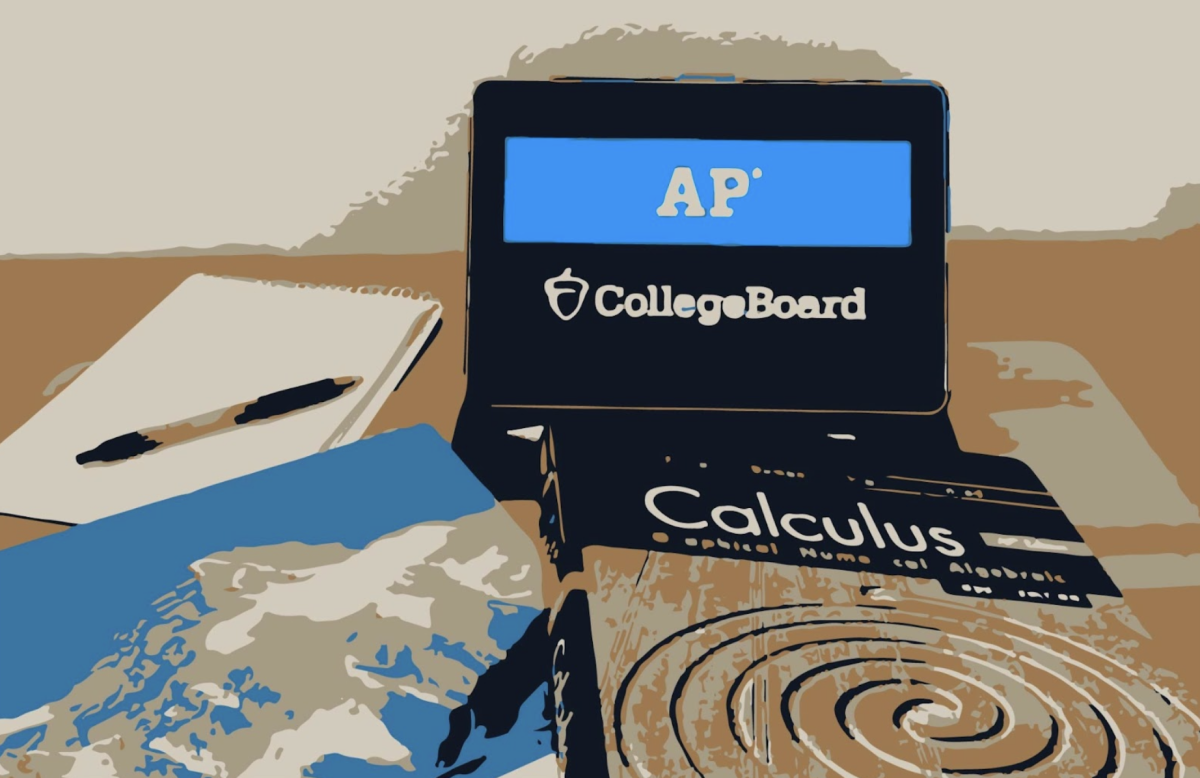With the College Board’s recent decision to change six AP exams to digital from 2024, students and teachers are looking forward to experiencing significant changes in their preparation process and testing environment for AP testing. With shifts in educational platforms following the fast-paced changes that come with advanced technology, both educators and learners face advantages and inconveniences at the same time. As more tests are expected to become digital, new adjustments become necessary.
Along with the SAT becoming completely digital from March 2024, College Board started to implement the technological shift into their AP exams as well. AP English Literature and Composition, AP English Language and Composition, AP European History, AP World History, AP United States History, and AP Computer Science Principles will be completely online, testing sessions being held with a digital device. Recognizing the fast-paced changes, Assistant Principal Eric Tenorio commented, “It seems like there are pros and cons to it in terms of logistics and hosting AP exams at school, but there are more benefits. Preparing for the test is a little bit easier for us because we just need to make sure we have proper technology and strong WiFi, and I can set up a test session with codes from the College Board. After the test, students can just upload their results to the College Board right away.”
Despite the convenience for test givers and test takers, there are also unfair outcomes as well. While there are students who excel in online-based testing, there are students who struggle, and find testing rather difficult. Realizing the issues, AP Language and Composition teacher Hiba Taylor explained, “I understand moving to digital platforms kind of streamlines everything and brings everything up to date, because that’s kind of where the world is moving and education is moving, but I don’t think everyone performs equally on a digital platform. Programs like AP Classroom and the SAT are digital, so there will be some familiarity for some students with it, but I think there are students who prefer pen-to-paper writing and like to have that tactile artifact while they take a test because it’s familiar.”
With most of the AP exam practices being held physically with paper and pen before the change, most students prepared for the exam by reading physical papers and writing with pens and pencils. Taylor asserts, “I think we’re going to be more intentional by doing more digital practice rather than pen-to-paper practice. Though I think the content and the skills on how we deliver the curriculum will be the same, it will just be the actual practicing of those skills at least for AP lang now, just transitioning to digital practice.”
As AP tests changed to online beginning this year, students raised various opinions towards the unexpected modification. With the expeditious changes in the system, some students feel disadvantaged in preparation and payment for the exams. Lynn Hwang, a junior preparing to take the AP exams, expressed concerns rather than confidence towards the new implementation. “Personally, I am against online testing because I feel like I work better with paper. That’s how the entire system worked traditionally so the change is like a whole new setup that we didn’t expect. Along with this shift, I feel like collegeboard should reduce the cost because we’re paying $97 each time to just take something online––it’s not that much materials that are being used to create these virtual tests.”
While agreeing with the needs of reduction related to costs, some students showed satisfaction and hopeful outlooks towards online exams. Junior Shamikta Sureshraj explained through online practice exams, there are more benefits because of the tools that are included in the system. “I feel like having it online there are benefits––you don’t have to flip over pages to look back at the passages for English especially, and the stikethrough tool is very helpful to eliminate answers, being not as confusing as before. Experiencing these changes, I think it’s the beginning that is challenging, but as we go into the future, these resources become very useful and comfortable, and will eventually become easier for everyone.”
Students and teachers anticipate big changes in the AP testing environment and preparation process following the College Board’s recent announcement that six AP tests will be available digitally starting in 2024. Both educators and students will experience benefits and drawbacks as a result of the rapid changes in educational platforms brought forth by improved technology. With change being inevitable, it is important to accept the shift and move on by strengthening ourselves to prepare for bigger switches awaits us in the future.

































